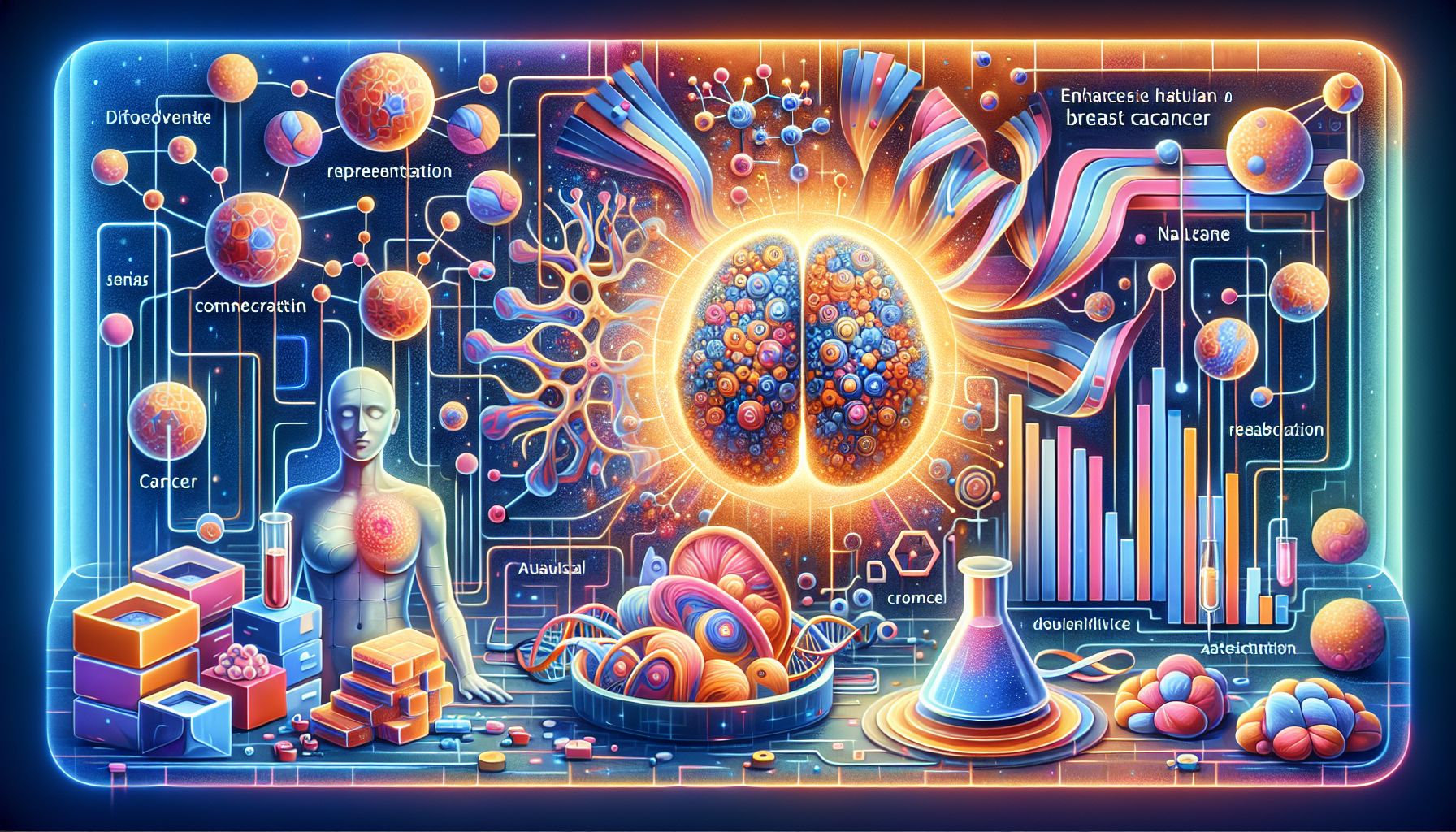Dutch AI System Enhances Breast Cancer Treatment Predictions

Amsterdam, Thursday, 6 February 2025.
A new AI model from the Netherlands Cancer Institute personalizes breast cancer therapy by predicting treatment responses, potentially improving patient outcomes significantly.
Revolutionary AI Development in Medical Technology
This groundbreaking healthtech innovation, developed by researchers at the Netherlands Cancer Institute (NKI), addresses one of the most critical challenges in breast cancer treatment. The Multi-Modal Response Prediction (MRP) system, led by Ritse Mann, analyzes complex medical data to predict patient responses to neoadjuvante therapy, which is administered before surgery [1]. The significance of this development is underscored by the fact that breast cancer affects 31% of women diagnosed with cancer worldwide [1].
Advanced Data Integration and Testing
The MRP model’s sophistication lies in its ability to process multiple data types simultaneously, including radiological images, tumor cell information, and clinical data [1]. The system has been rigorously tested using data from 2,436 breast cancer patients treated at NKI between 2004 and 2020 [1]. This comprehensive approach marks a significant advancement over traditional AI models that typically rely on single data sources [1].
Global Context and Timing
This Dutch innovation comes at a crucial time when AI applications in breast cancer detection are gaining momentum globally. In parallel developments, the UK’s National Health Service is launching the world’s largest AI breast cancer screening trial, involving 700,000 women across 30 sites [2][3]. The timing of these developments suggests a growing international focus on AI applications in cancer care, with different approaches being tested to improve patient outcomes [2][4].
Future Implications and Benefits
The development of this AI system represents a significant step forward in personalized medicine. By helping predict treatment responses more accurately, it could potentially reduce unnecessary treatments and their associated side effects [1]. This aligns with broader trends in medical AI applications, where experts like Prof Lucy Chappell note that such innovations could lead to ‘significant steps forward’ in cancer detection and treatment [4][5].

